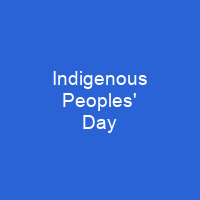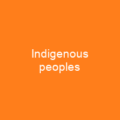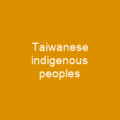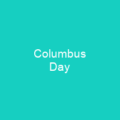Indigenous Peoples’ Day is celebrated across the United States on the second Monday in October, and is an official city and state holiday in various localities. It began as a counter-celebration held on the same day as the U.S. federal holiday of Columbus Day, which honors Christopher Columbus.
About Indigenous Peoples’ Day in brief

On October 10, 2019, just a few days before Columbus Day would be celebrated in Washington, D.C., the D. C. Council voted to temporarily replace ColumbusDay with Indigenous People’s Day. Numerous efforts in North America have honored Native American people by designating two holidays for the same date or by designation two holidays. Numerous protests have been staged against celebrating Columbus Day in Minnesota, St. Paul, Minnesota, and Columbus Day must undergo congressional approval to become permanent. At least thirteen states do not celebrate Columbus Day ; South Dakota officially celebrates NativeAmerican Day instead.
You want to know more about Indigenous Peoples’ Day?
This page is based on the article Indigenous Peoples’ Day published in Wikipedia (as of Dec. 19, 2020) and was automatically summarized using artificial intelligence.







